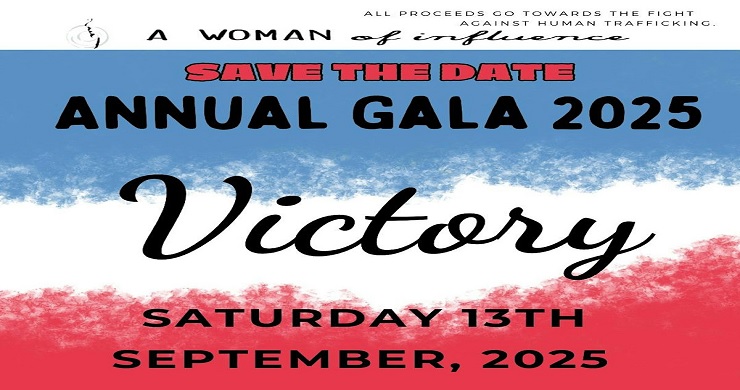Access to clean water and sanitation is a fundamental human right, but it remains a distant dream for millions of people around the world, particularly in impoverished regions. However, this issue is not gender-neutral. The lack of access to clean water and proper sanitation facilities disproportionately affects Women and girls. This is having far-reaching consequences on their health, safety, and dignity.
Health Implications
One of the most pressing concerns for women and girls without access to clean water and sanitation is the impact on their health. The absence of reliable sources of clean water often forces them to undertake arduous journeys to distant water sources, carrying heavy containers on their heads. This can lead to physical strain and injuries, further exacerbating gender disparities in health.
Moreover, inadequate sanitation facilities can lead to poor hygiene practices. The use of makeshift facilities or open fields results in the spread of waterborne diseases. Diarrhea, cholera, and parasitic infections disproportionately affect women and children in such areas, further undermining their overall health and well-being.
Menstrual Hygiene
Access to clean water and sanitation plays a pivotal role in addressing menstrual hygiene. In areas where these basic necessities are scarce, managing menstruation becomes an enormous challenge for girls and women. The lack of private and clean facilities makes it difficult for them to maintain proper menstrual hygiene. This, in turn, can lead to missed school days, reduced productivity, and a perpetual cycle of gender disparities in education and economic opportunities.
Safety Concerns
The absence of clean water and sanitation facilities poses significant safety concerns for women and girls. When forced to use open fields or communal facilities, particularly during the night, they become vulnerable to harassment and sexual violence. The lack of safe and private facilities not only compromises their physical safety but also erodes their emotional well-being, creating a constant state of fear and insecurity.
Dignity and Privacy
Access to clean water and sanitation is not just about meeting basic physiological needs. It is also a matter of human dignity. Every individual, regardless of gender, deserves to attend to their personal hygiene and sanitation needs with privacy and without the fear of humiliation or harassment. The absence of these facilities strips women and girls of their dignity, further reinforcing gender inequalities and societal injustices.
Economic Impact
The struggle for water and sanitation also has significant economic ramifications. Spending a substantial amount of time fetching water or dealing with inadequate sanitation facilities constrains their ability to pursue education, employment, and income-generating activities. This perpetuates the cycle of poverty in communities where these issues are prevalent and widens the gender gap in economic opportunities.
Addressing the Issue
Efforts to improve access to clean water and sanitation for women and girls must go beyond the mere provision of infrastructure. It necessitates a comprehensive approach that considers the broader socio-cultural factors hindering access and use. These measures include:
1. Addressing Gender Inequalities:
Tackling gender disparities and promoting women’s empowerment is essential. Women and girls should be actively involved in decision-making processes related to water and sanitation. It ensures their specific needs and concerns are considered.
2. Ensuring Safety:
Water collection points and sanitation facilities must be made safe for women and girls to use. Adequate lighting and security measures can help mitigate the risks of harassment and violence.
3. Promoting Education and Awareness:
Educational programs that focus on hygiene, menstrual health, and the importance of clean water and sanitation should be implemented. Empowering women and girls with knowledge and skills to maintain their health and well-being.
4. Infrastructure Development:
Investment in the construction and maintenance of clean water sources and sanitation facilities is crucial. The infrastructure should be designed with gender-specific needs in mind, including private sanitation facilities for women and girls.
The gender disparity in access to clean water and sanitation is a pressing issue. It affects the health, safety, and dignity of women and girls in underserved areas. Addressing this problem requires a multi-faceted approach that combines infrastructure development with gender empowerment and education. By addressing these issues, we can move closer to achieving gender equality and improving the overall well-being of women and girls in impoverished regions around the world. The right to clean water and sanitation is a human right. It is high time to ensure that it is equally accessible to all, regardless of gender.



Leave a Reply